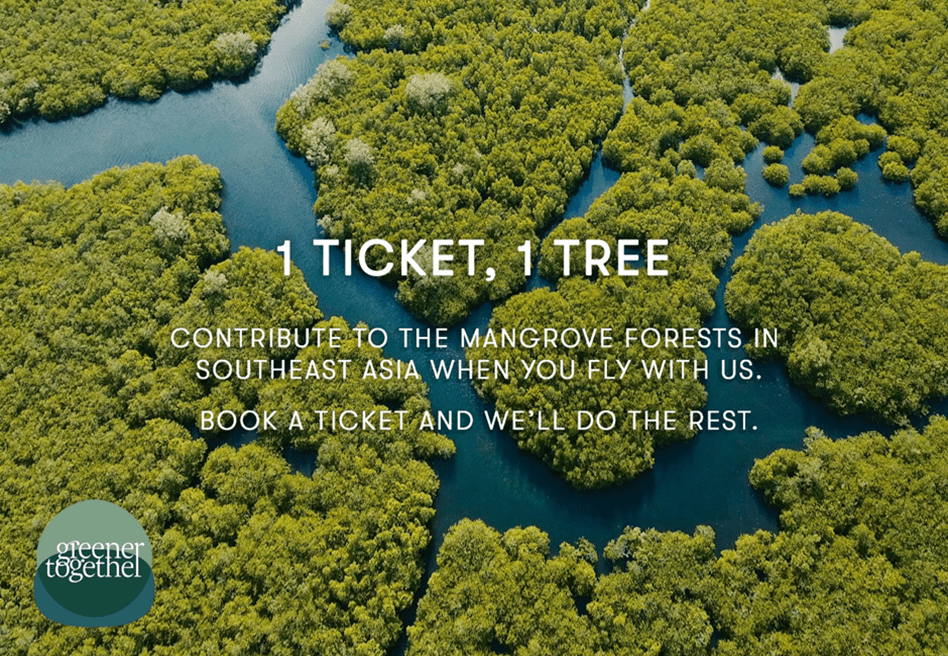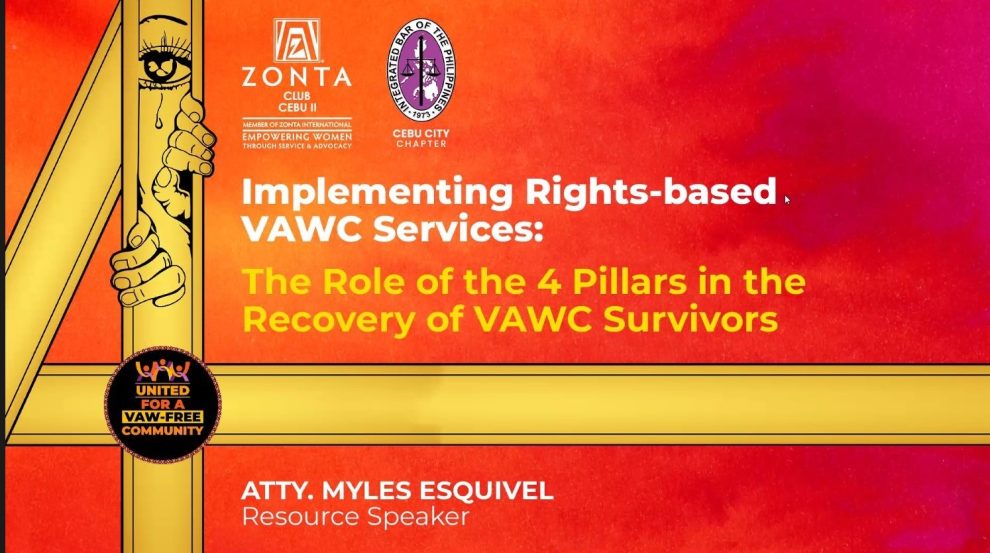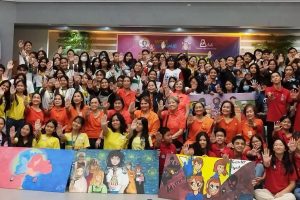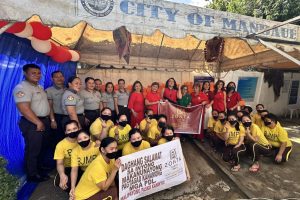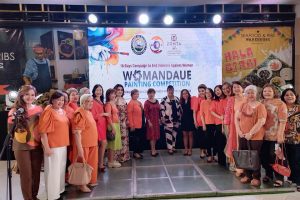Women’s economic empowerment and integrated delivery of rights-based Violence Against Women and Children (VAWC) services are necessary to address discrimination and abuse of women. These are among the main points of the discussion of Atty Myles Gonzales-Esquivel, executive director of Miriam College Child Rights Advocacy Center, during an online webinar “Implementing Rights-based VAWC Services: The Role of the 4 Pillars in the Recovery of VAWC Survivors” organized by Zonta Club of Cebu II.
The webinar is among the activities organized by the Zonta Club of Cebu II for the observance of the 18 Days of Activism to End Gender-based Violence.
Atty. Esquivel explained that many VAW survivors are financially dependent on the husband. She cited a study showing that VAW cases decline once the income of the family goes up. “Kung tumataas ang wealth, lumiliit ang violence against women. With women’s economic empowerment, VAW can be addressed.
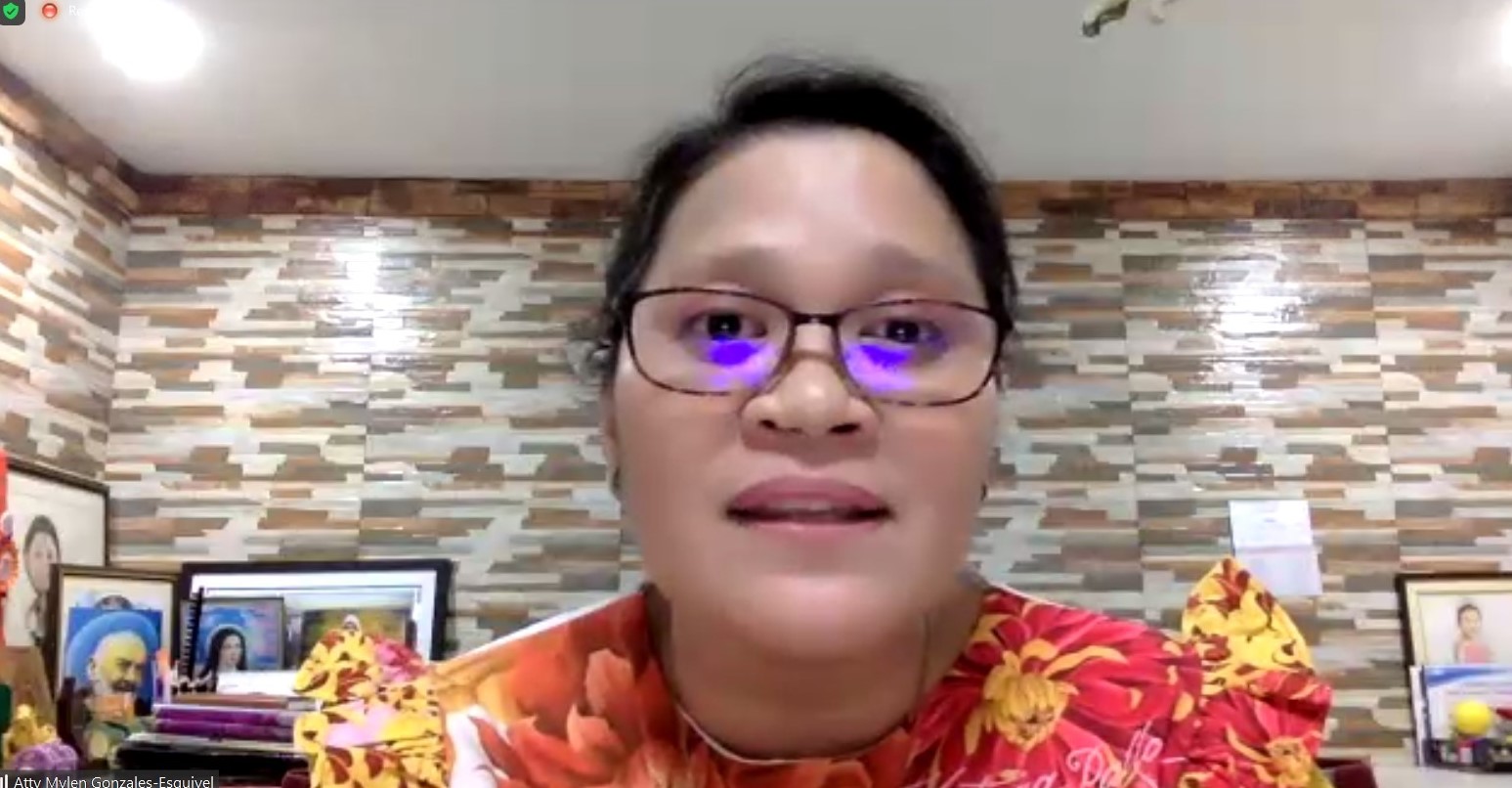

Atty. Esquivel also noted the importance of coordination among the four important pillars involved in providing assistance of VAWC survivors by creating a referral system that would integrate all of VAWC services. All four pillars are members of the referral network.
Atty. Esquivel identified the four important pillars as Health Sector, Legal and Justice Sector, Psycho-social sector and Security Sector.
“The Integrated and multi-sectoral delivery of rights-based VAWC Services model calls for the holistic, inter-organizational efforts to promote the participation of key sectors,” she said. “It also highlights the roles and responsibilities unique to each sector.”
The health sector has to be trained to screen possible VAWC survivors. They should be ready to respond to the immediate health and psychological needs of women and girls exposed to violence, Atty. Esquivel stressed. Also, the sector should institute protocols for treatment, referral and documentation that guarantee confidentiality.
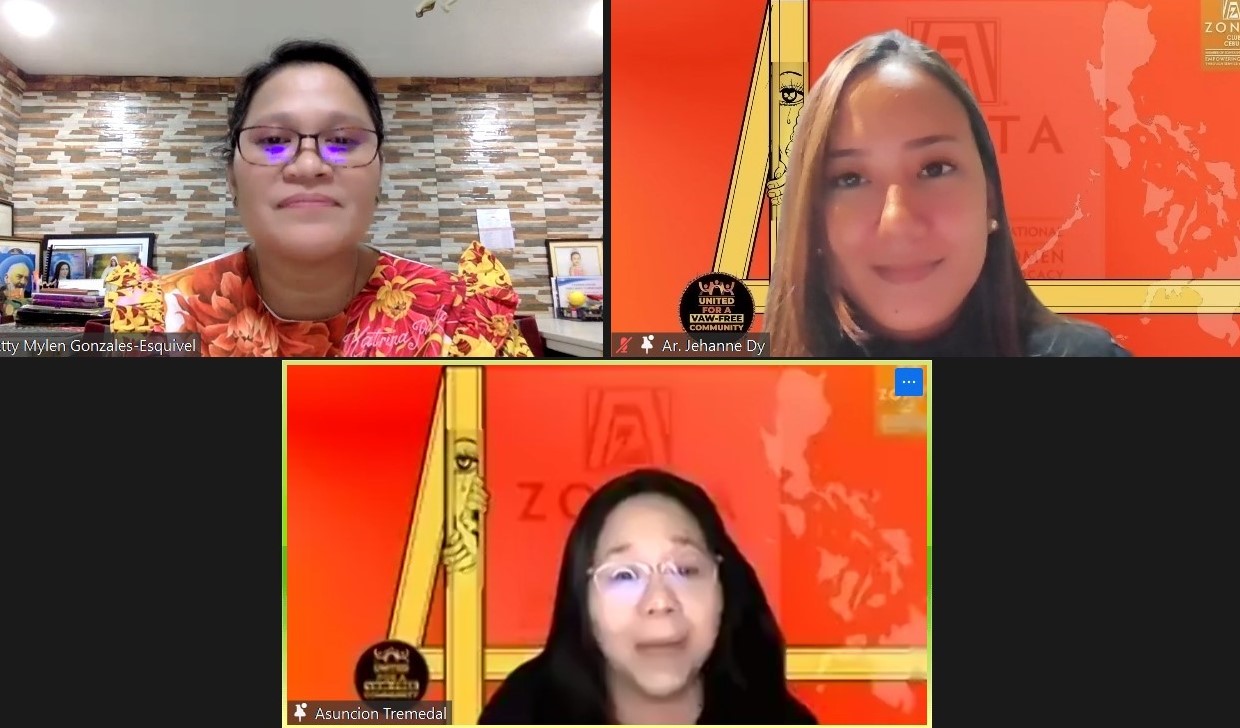

For the Psycho-social sector, the Department of Social Welfare and Development, local government’s social welfare services office and the Department of Trade and Industry in cooperation with non-government organizations such as Zonta Club of Cebu II can provide assistance to GBV survivors. Social workers and community services worker have to be trained to be able to provide psychological and psycho-social assistance, Atty. Esquivel said.
VAW survivors could also avail of free legal advice from the Public Attorney’s Office, private organizations offering legal assistance and law schools.
On the other hand, the security sector, including police and barangay peace-keeping personnel, needs to be educated about gender-based violence and trained how to intervene appropriately in GBV cases, Atty. Esquivel said.
She also explained the need for the four pillars to develop strategies to build capacities and overcome limitations in delivering rights-based services. They should also monitor and evaluate both outcomes and processes relative to service delivery.
Atty. Esquivel underscored the need for collaboration among the four pillars so they could effectively provide rights-based VAWC services, which empower the survivor, help promote their recovery and create a supportive environment for them.
In her welcome address, Atty. Elaine Bathan, Tourism Undersecretary and president of Zonta Club of Cebu II, gender-based violence and violence against women continue to haunt and plague our society.
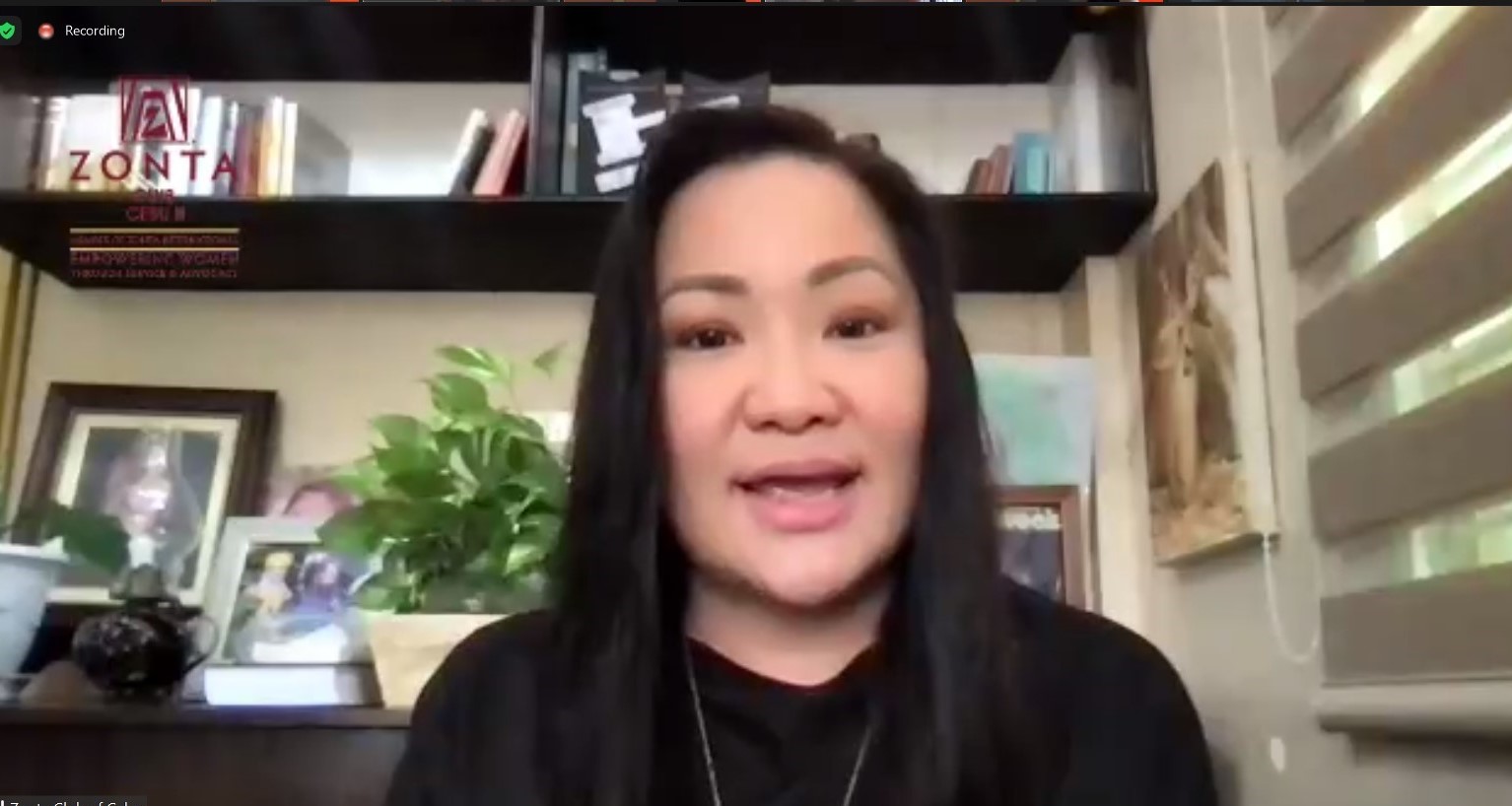

Atty. Bathan stressed the importance of VAW survivors to be given utmost care and avenues for them to be able to go back to society and bring back to normalcy their lives after having been victimized by abuses.
The webinar aims to involve the four pillars and to make sure that rights-based as well as survivor-based mechanism that allow avenues for survivors or victims so they could go back to the mainstream of their lives and in society, she said.
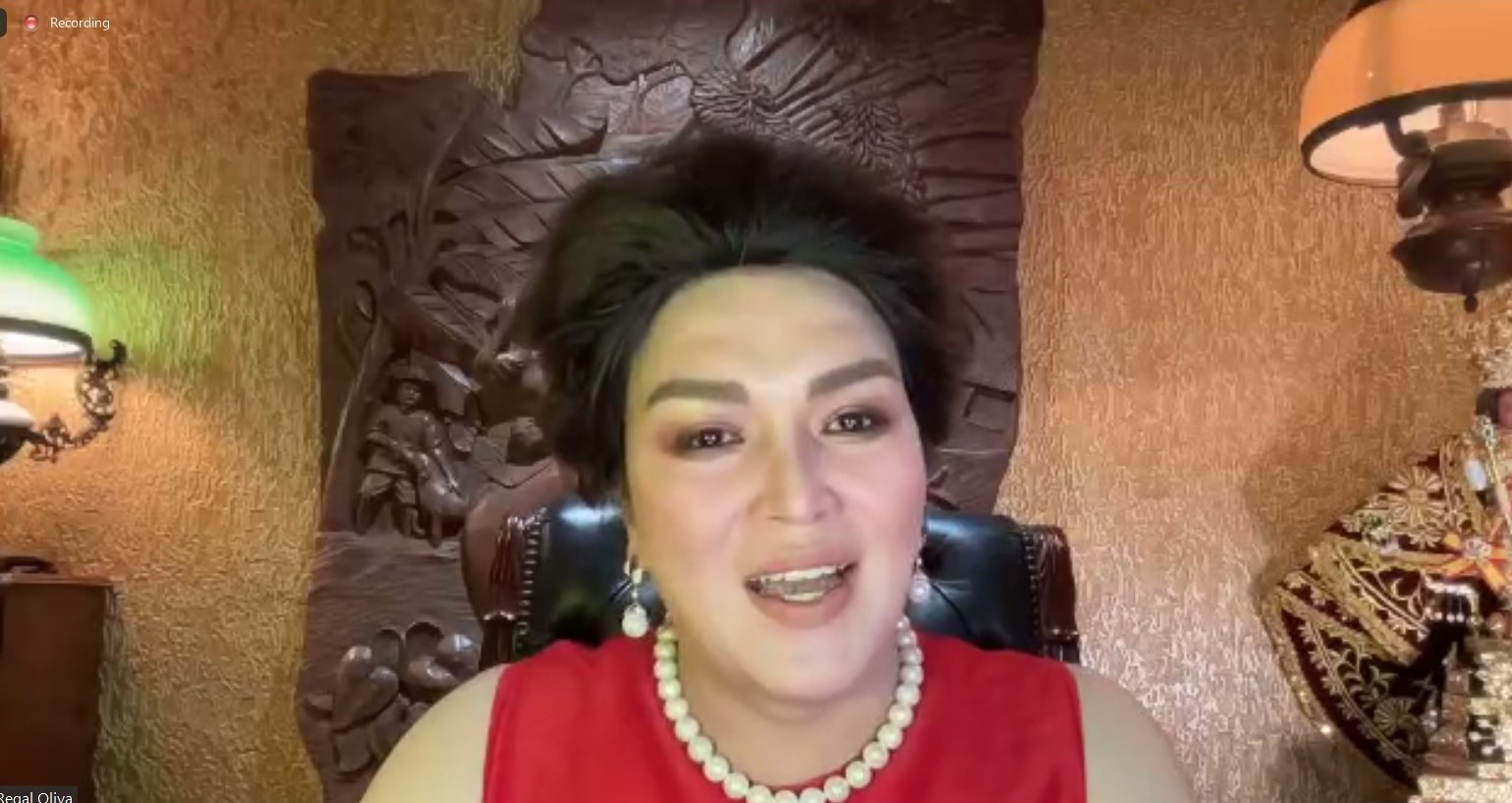

Atty. Regal Oliva, Zonta Club of Cebu II vice president, noted that the four pillars are essential key players in the community in the recovery of VAWC survivors. “
“A woman must not feel alone in the journey. Every year to make us remember that violence still exists. Together, we must unite our strength, our knowledge, our resources to achieve a violent free world where no person is above anyone,” she said in her closing remarks.

